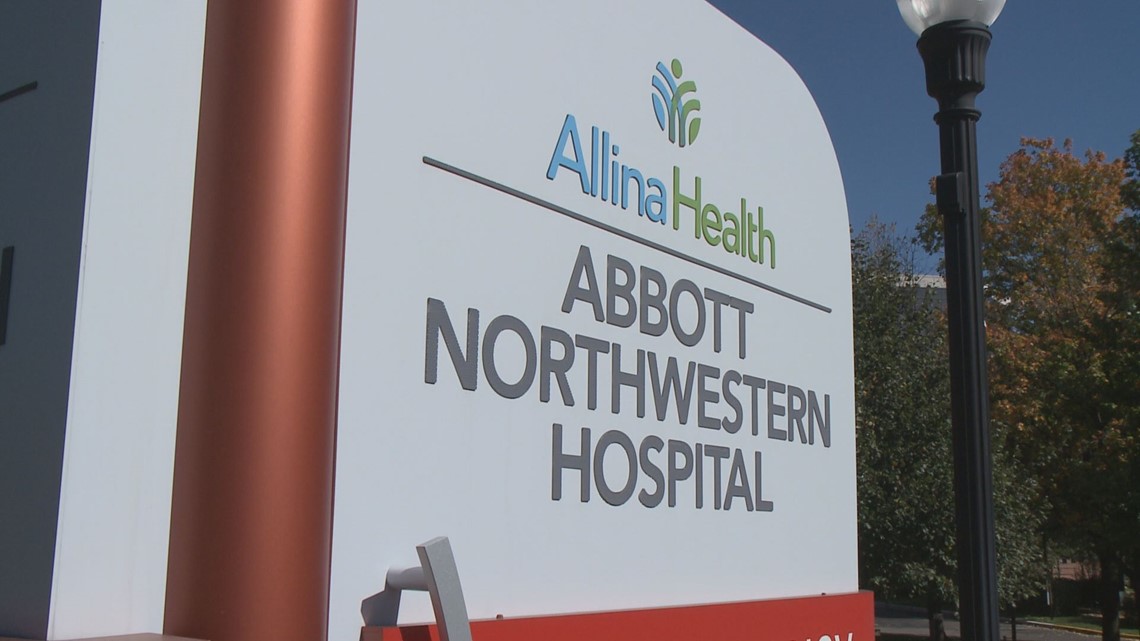 Two favorite photos: Senator Bernie Sanders held a press conference alongside Vermont healthcare leaders on May 19 to advocate for programs and policy to make healthcare more affordable in the state. Photo by Olivia Gieger/VTDigger
Two favorite photos: Senator Bernie Sanders held a press conference alongside Vermont healthcare leaders on May 19 to advocate for programs and policy to make healthcare more affordable in the state. Photo by Olivia Gieger/VTDiggerSen. Bernie Sanders, I-Vt., joined a group of state legislators, health care officials and advocates in Burlington Monday morning to raise the alarm on what they called Vermont’s health care affordability crisis.
“Everyone knows that our health care system, nationally and in the state of Vermont, is broken. It is dysfunctional, and it is wildly expensive,” Sanders said.
The press conference at Patrick Leahy Burlington International Airport was set against the backdrop of Congress’s attempts to push through a mega spending bill that is expected to include work requirements for Medicaid recipients and limit the extent to which state governments can use health care provider taxes to cover their portion of Medicaid funding.
Back at home, Blue Cross Blue Shield of Vermont sits in financial jeopardy, having lost $152 million over the past three years. The nonprofit insurer has asked the Green Mountain Care Board to approve double-digit percentage increases to the premiums of plans sold in 2026 on the Vermont Health Connect — the state-run federal Affordable Care Act marketplace.
“I’m not sure how anybody is going to be able to afford that,” Sanders said.
While he did not touch on the specifics of how the state or federal governments can support the state’s only Vermont-based health insurer and protect it from insolvency, Sanders outlined areas where he thinks further investment can lead to lower health care costs for Vermont in the long term. Those included expansions of primary health care facilities and of nursing education programs that allow the state to rely less on traveling nurses, as well as increased support for home health care and nursing homes. He cited efforts to reduce the cost of prescription drugs as a key area that can lower costs for hospitals, and thus, reduce the costs that get passed onto insurers and individuals.
All of this falls under a need for a broader cultural change, Sanders said, from a health care system that is focused on profit to one that supports health care as a human right.
READ MORE
“It’s a culture that says (if) we want people to stay in Vermont, we’re going to work day and night to lower the cost of health care, provide health care to all of our people. It’s a different culture,” Sanders said. “We’ve got to radically reorient our priorities.”
Lisa Ventriss, co-chair of the newly formed advocacy group Vermont Health Care 911, put a finer point on it at the press conference: She suggested that shifting spending to patient care, rather than to administration or management, would open up “ample room for savings in Vermont,” while curbing the “gobsmacking” premium rate hikes the state has seen.
Sen. Ginny Lyons, D-Chittenden Southeast, and Rep. Alyssa Black, D-Essex Town, who chair the health care committees in their respective chambers, also touted the bills that lawmakers are trying to pass this session to reduce health care costs in Vermont.
Namely, the legislators highlighted S.162, which seeks to keep hospital charges in line with Medicare reimbursement rates (called “reference pricing”), and H.482, which would give the Green Mountain Care Board the ability to lower reimbursement rates paid to health care providers by an insurer in danger of insolvency.
“We’re saving our Blue Cross and Blue Shield domestic insurer from insolvency. We’re stabilizing access to primary care, family medicine,” Lyons said. “We are now working to allow people to access food, rent and health care without having to make choices for one over the other.”
Still, progress at the state level is quickly dwarfed by the potential threat of federal changes to Medicaid. Most worrisome, Black added in an interview following the press conference, is the threats from President Donald Trump’s administration to undo the so-called 1115 waiver program. That waiver gives states the ability to cover services beyond what federal statute outlines as required coverage under Medicaid. Vermont has become a particular leader on finding innovative ways to use this waiver.
“It’s a huge amount of our Medicaid spending,” Black said.
Sanders said he and Senate Democrats are trying to do “everything that we possibly can, in every possible way, to defeat this awful piece of legislation,” with regard to the spending bill’s impact on Medicaid in Vermont.
He called the congressional bill a “Robin Hood proposal in reverse.”
“You take from the poor and you give to the very rich. This is a disastrous piece of legislation, we’ve got to defeat,” he explained. The real solution, he suggested, is guaranteed health care for all, but for now he lauded the state’s efforts in “trying to begin to address this crisis.”
“What we’re doing today is trying, at least to develop a sense of urgency in the state of Vermont. The status quo cannot continue. It is failing — failing small business. It’s failing patients. It’s failing everyone,” Sanders said.









 English (US) ·
English (US) ·